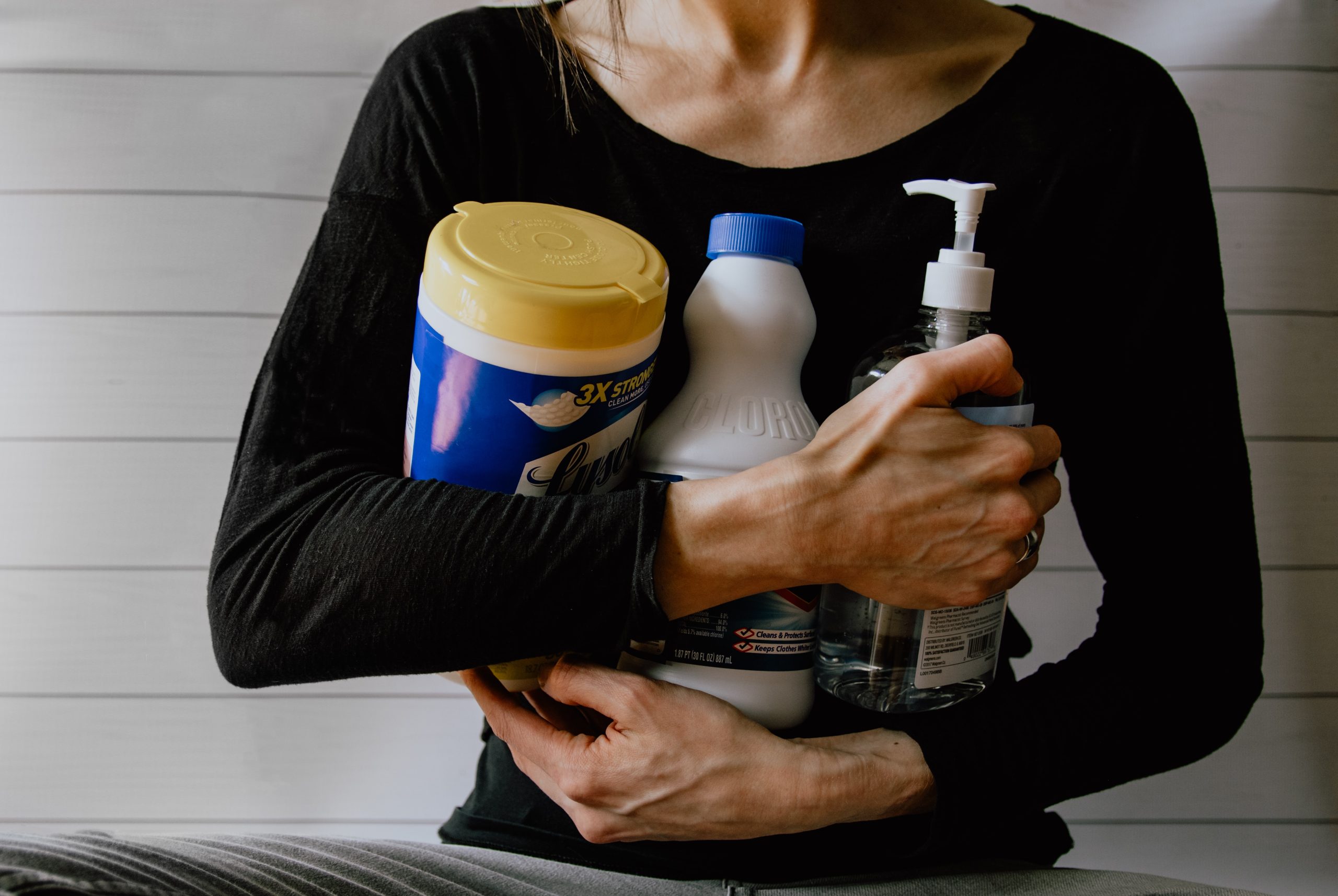The majority of us hold onto a few things out of emotional value. Maybe it’s a piece of jewelry from a loved one or an article of clothing that brings back memories of a special event. But for some people, sentimental attachment to objects goes far beyond what is considered normal. This condition is known as hoarding, and it can significantly impact a person’s life. Let’s take a look at some of the signs and symptoms of hoarding so you can be on the lookout for them in yourself or your loved ones.
Signs and Symptoms of Hoarding
Several key signs and symptoms may indicate someone is struggling with hoarding disorder. These include:
An excessive attachment to possessions, even if those possessions are of little or no value
People have been known to collect all sorts of things, from stamps and coins to dolls and plates. For some, collecting is simply a hobby that brings enjoyment. But for others, it can become an obsession that takes over their lives. Hoarding is a condition characterized by an excessive attachment to possessions, even if those possessions are of little or no value. People who hoard often feel overwhelmed by their belongings and cannot get rid of anything, even if it is no longer needed or wanted. This can lead to cluttered and hazardous living conditions. Hoarding can be difficult to overcome, but with treatment and support, many people can live a more organized and clutter-free life.
A reluctance or inability to get rid of possessions, even if they are no longer needed or used
While most people are guilty of holding on to a few items they no longer need, this behavior can become excessive and problematic for some. This tendency to hoard is often accompanied by a reluctance or inability to get rid of possessions, even if they are no longer needed or used. In severe cases, this can lead to cluttered living spaces and an inability to use rooms for their intended purpose. Although the exact reason for hoarding is still not fully understood, it is thought to be related to anxiety and feelings of insecurity. Getting rid of possessions can be very difficult and emotionally stressful for many people. As a result, hoarders often continue to accumulate items, even when doing so creates problems in their everyday lives. If you or someone else is struggling with hoarding, know that many resources are available to help. These include support groups, counseling, and special cleaning services to help declutter the home.
An inability to keep living areas clean and tidy due to an accumulation of possessions
One of the signs of hoarding is an inability to keep living areas clean and tidy due to an accumulation of possessions. While everyone has some level of clutter in their home, hoarders take it to a whole new level. Their homes are crammed and full of stuff, so it’s difficult even to move around. In many cases, hoarders are well aware of their problem but feel powerless to do anything about it. The reasons for hoarding can vary, but often it’s a way of coping with anxiety or insecurity. For hoarders, getting rid of things can be very painful, even if those things are meaningless. So instead, they just keep adding to the pile. If you believe someone you know is hoarding, you must reach out and offer help. Hoarding is a serious problem that may have a significant negative influence on a person’s life. But with the right support, it is possible to overcome this disorder.
A feeling of distress at the thought of getting rid of possessions
For many of us, our possessions are more than just objects – they are a part of our identity. They represent our interests, our hobbies, and our memories. So it’s no wonder that the thought of getting rid of them can be distressing. After all, when we get rid of our possessions, we essentially get rid of a part of ourselves. However, for some people, this distress can become so overwhelming that it leads to hoarding. Hoarding is a compulsion to keep possessions that may be useless or even harmful, and it can profoundly impact a person’s life. If you or someone you know is struggling with hoarding, it’s important to seek help from a professional. With treatment, it is possible to overcome this disorder and live a happier, healthier life.
A belief that possessions are necessary in order to live comfortably, even if they are not actually being used
The belief that one needs a certain number of possessions to live comfortably is common. Even if those possessions are not being used, they are seen as a sign of security and safety. This can lead to a hoarding mindset, where an individual feels the need to collect as many things as possible. While this may provide some temporary relief or satisfaction, it can ultimately lead to feelings of anxiety and insecurity. Individuals may feel like they cannot let go of anything, leading to cluttered living spaces and difficulty maintaining healthy relationships. If you find yourself in this situation, it may be beneficial to seek professional advice. A therapist can assist you in exploring the root of your beliefs and help you develop healthier coping mechanisms.
If you notice any of these signs in yourself or a loved one, it’s important to seek professional help. Hoarding disorder may have a substantial influence on a person’s quality of life, making it difficult to maintain relationships, hold down a job, or even keep up with basic hygiene. In severe cases, it can lead to eviction from one’s home or placement in long-term care facilities.
Conclusion:
If you think you or someone you know may be struggling with hoarding disorder, don’t hesitate to reach out for help. Many resources are available to those who need assistance dealing with this condition. With the help of professionals, it is possible to overcome hoarding disorder and live a happy and healthy life.…



